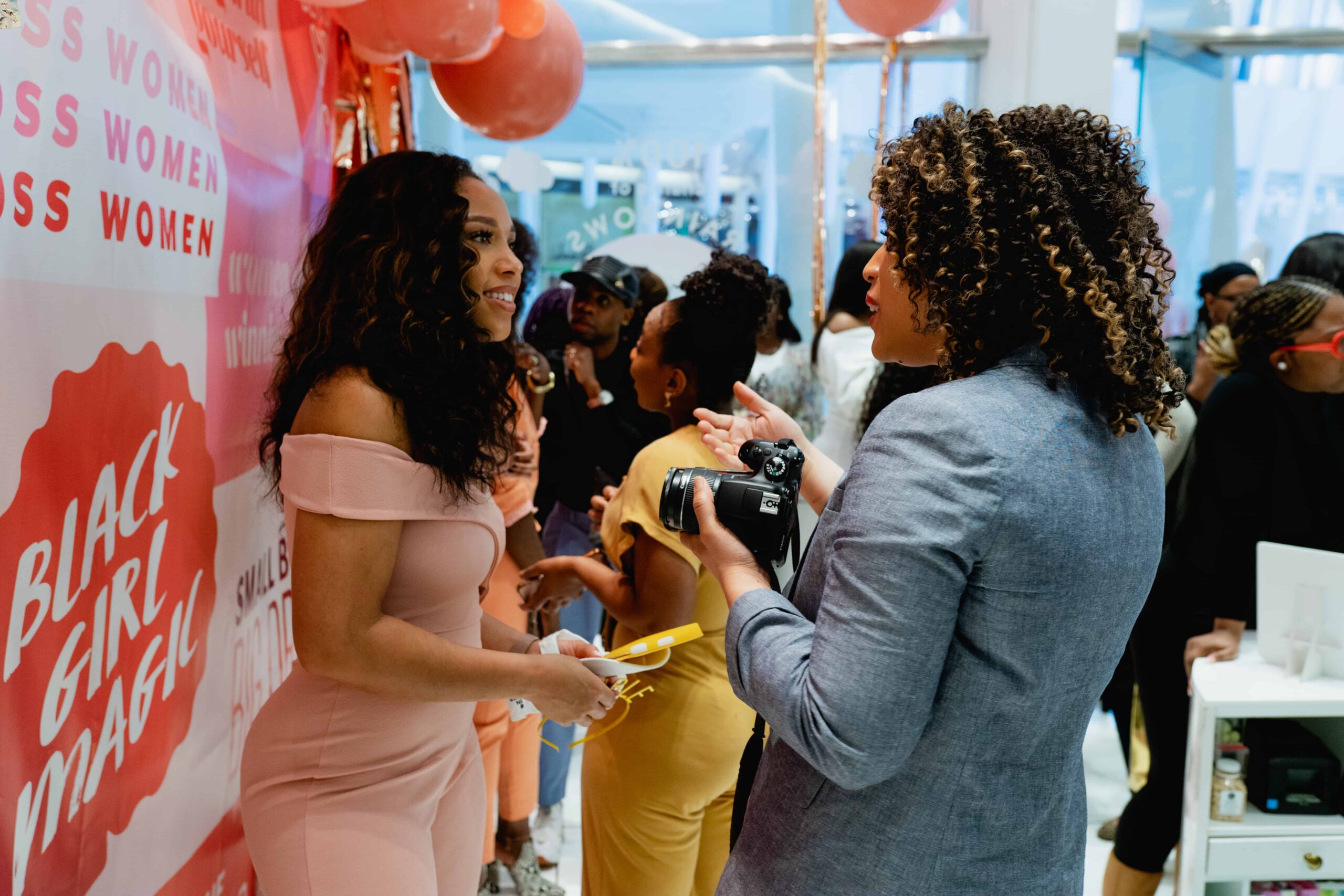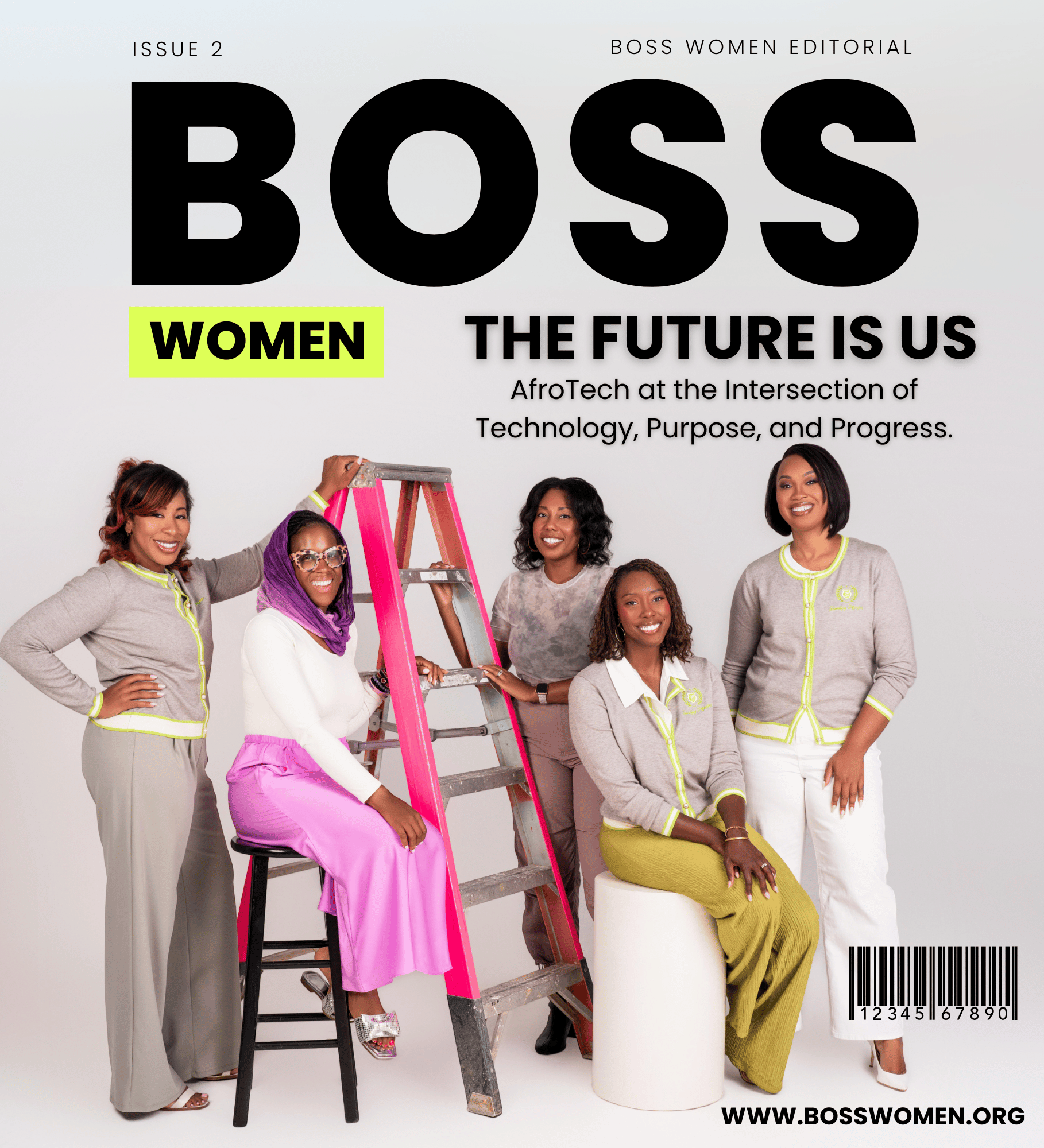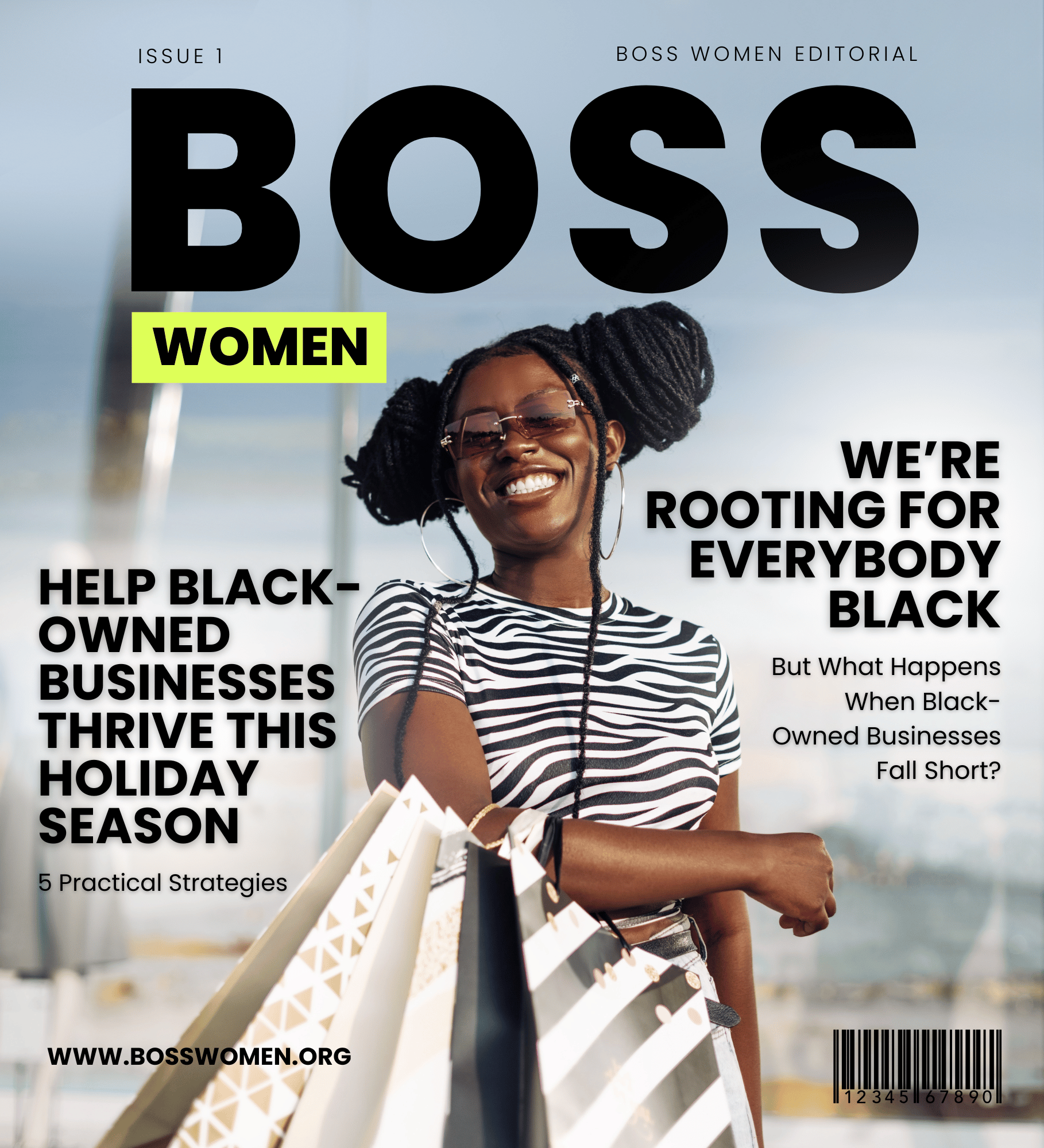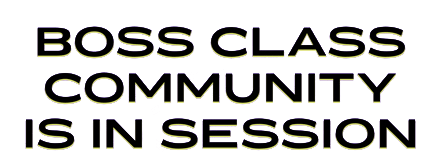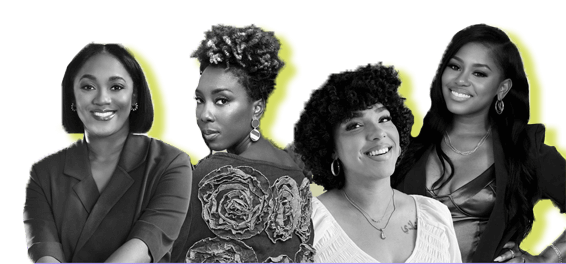The interviewing process can be extremely nerve wracking and unpredictable. You go into the room with one thing on your mind, and you leave out thinking something totally different. As you walk into the interviewing room, nine times out of ten, the hiring manager has already conducted a mental evaluation of your initial impression based on your physical presence and appearance. As they say, first impressions are everything—and this is one that you truly want to make count.
It’s a given that blowing a job interview is by far one of the worst things you can do if you’re actually trying to get the job. Below, we’re giving you eight things you should avoid doing during an interview. Some are personal pet peeves and others are tips from actual hiring managers who’ve experienced these “don’ts.”
-
Being Late
Showing up late to your interview automatically sets a negative impression before your potential new job even begins. If you can’t even make it on time for your first meeting with your potential new employer, how can you expect them to find you as a dependable employee? More importantly, how can they be confident enough to know that you’ll even show up to work on time? Being late shows a lack of respect and interest, and is something that just shouldn’t happen. Sure, things may come up—but finding a way to work around those things so you aren’t late for your interview is much more important.
-
Not Being Prepared
If you were a wardrobe stylist, would you show up to your event without your client’s clothing? No, so why show up to a job interview without preparing? Simply reading the company’s “about me” section moments before your interview is just not going to cut it. Going on the company’s social media pages and LinkedIn profile to get a better understanding and grasp of the company’s culture is something that you should do a few days before in preparation for your job interview.
-
Forgetting Extra Copies of Your Resume
Don’t assume your interviewer will have a printed copy of the resume you used to apply online for this job—bring extra copies! Many employers will ask to see your resume, so you want to make sure you have an extra copy on hand. Having extra copies on hand also allows you to follow through with them if they have any additional questions about your resume. It’s also resourceful if multiple people are interviewing you and are all sharing one copy of your resume.
-
Not Dressing the Part
What better way to show an employer you’re interested in working for their company than to dress the part. Dressing professional for an interview (no matter what the position is) ensures a better “safe than sorry” approach. Even dressing too casually for an interview at a company that doesn’t require a formal dress code may still be frowned upon. Your interviewer may be dressed extremely informal, but remember—they’ve already got the job, you don’t!
-
Interrupting the Interviewer
Interviews can be extremely nerve-wracking and can even cause some people to appear overly enthusiastic, however you want to make sure that feeling doesn’t come off as vain and “know-it-all.” It’s very important to listen to what the interviewer has to say before inserting your thoughts and comments. Some of the best kind of interviews flow naturally and organically, but in order for this to take place it’s very critical that you as the interviewee listens carefully. Take a moment to process what the interviewer is saying so you can craft the best and most meaningful response.
-
Asking Questions About Salary and Money
Asking questions too soon about the job role’s salary can come off as you’re only there for the money. Sure, the money may be what makes or breaks your decision to take the job, but you want to make sure you aren’t overstepping boundaries when asking these kind of questions. I think it’s important to save questions like these as the interviewing process continues. If you make it to the next phase of the interview process and your employer hasn’t informed you on the job’s salary, then it may be appropriate to ask, but until then—don’t ask this in your job interview.
-
Not Asking Questions At All
Not asking questions is almost just as bad as asking the wrong kind of questions. Asking your interviewer questions shows them that you are interested in the job position, and that you’ve listened to everything they’ve told you thus far. You want to make sure you have at least three questions to ask your interviewer in regards to the company, job position, or anything else you may deem as important and need-to-know information.
-
Projecting Negativity
We’re human, we all have bad days, but we can’t allow those bad days to dictate our entire day. Anything that occurs before your job interview should be left outside until your job interview is over—leave it all at the door. Don’t let those negative thoughts and feelings sabotage your success. A negative attitude can instantly be detected by everyone around you, and you don’t want to leave that kind of impression on the interviewer. Replace your negative thoughts with positive affirmations, and trust that everything will be OK.

